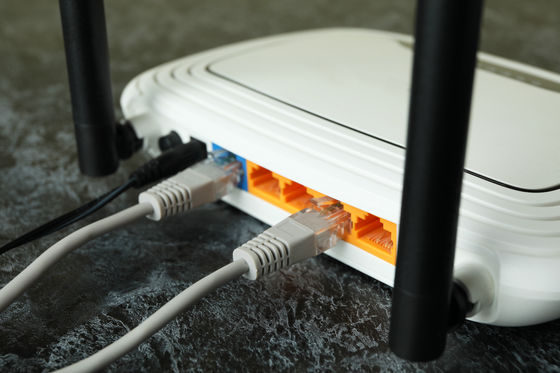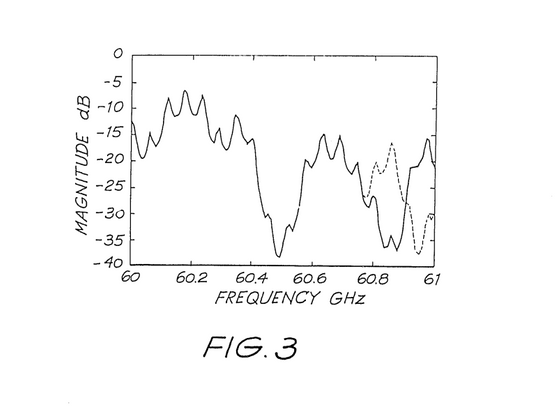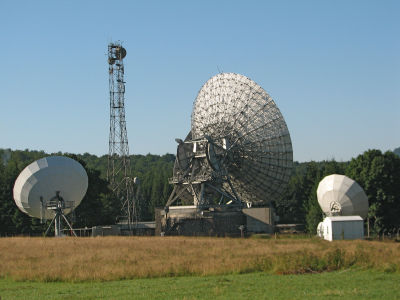Why does Australia claim that Wi-Fi originated in Australia?

Hackaday, an IT news site, explains how Wi-Fi, an innovative technology that frees modern internet-connected devices from the hassle of wired cables, has been mistakenly believed to be an Australian invention.
Australia Didn't Invent WiFi, Despite What You've Heard | Hackaday

Wi-Fi is a wireless LAN standard established by the Institute of Electrical and Electronics Engineers (IEEE) in the United States. In
However, according to Hackaday, CSIRO was not involved in the group that developed ' IEEE 802.11 ' in 1997. The predecessor technology to IEEE 802.11 was developed in 1991 at a research lab in the Netherlands by NCR Corporation and AT&T, and the first standard that would later become Wi-Fi, ' IEEE 802.11-1997 ', was developed by the IEEE based on a proposal from Lucent Technologies and NTT.
The reason Wi-Fi is said to be an Australian invention, despite it being clear who developed it, is due to patent issues.

Like many other groups, CSIRO has been developing wireless networking technology for many years, first applying for
These patents were filed by CSIRO claiming to have achieved wireless networking speeds of several Mbps, but Hackaday points out that the technology is far removed from current networking technology.
For example, patents granted by CSIRO in Australia and the US repeatedly mention 'operating at frequencies above 10 GHz' and drawings refer to transmissions in the 60-61 GHz band, which is quite different from the mainstream Wi-Fi standard established by the IEEE.

To commercialize this technology, CSIRO sought many commercial partners, but few were forthcoming, except for a short-lived startup called Radiata, which was absorbed by CSIRO and disappeared. Although CSIRO did not popularize its own wireless technology, it still held patents on 'wireless LANs,' and for this reason began to charge various companies a usage fee, claiming that CSIRO's technology was also used in the Wi-Fi standard.
Among these companies is Buffalo Technology, a US subsidiary of Japanese company Melco Holdings Inc. The CSIRO won a patent lawsuit against Buffalo Technology in 2006, and filed a follow-up suit against a group of 14 other companies in 2009.
After four days of testimony, the case was put to a jury, who found in CSIRO's favor, with Hackaday saying, 'Most of the jurors were not particularly familiar with the details of wireless communications,' and, 'Well, that's how patents work.'

It's important to note that CSIRO developed a wireless LAN technology, not Wi-Fi. In fact, as the CSIRO website carefully states, 'We invented and patented the technology that gave us the freedom to work wirelessly in our homes and offices: Wireless LAN (WLAN).'
'It's certainly true that CSIRO scientists invented wireless networking technology. The problem is that the media often paraphrases it as having invented Wi-Fi, which is patently false. Many people argue that CSIRO shouldn't profit from standards it didn't have a hand in developing, but the myth is likely to persist for a while, at least until someone writes a bestseller about the truth about the Wi-Fi standard,' Hackaday said.
Related Posts:
in Web Service, Posted by log1l_ks






